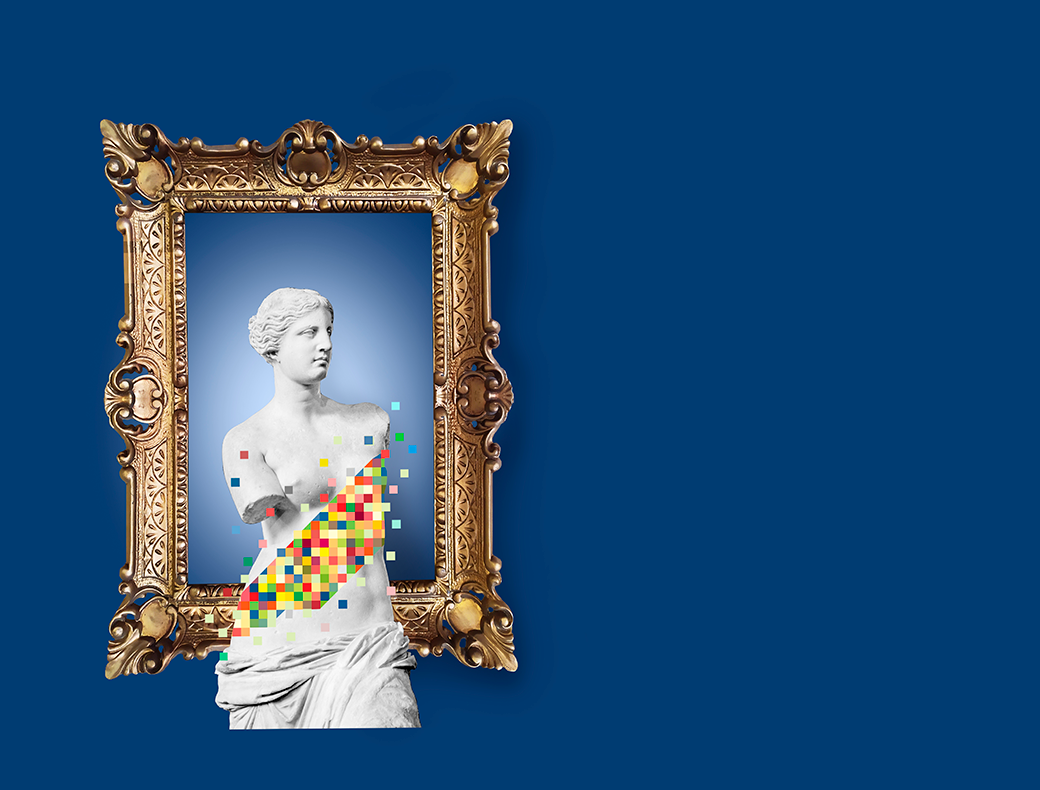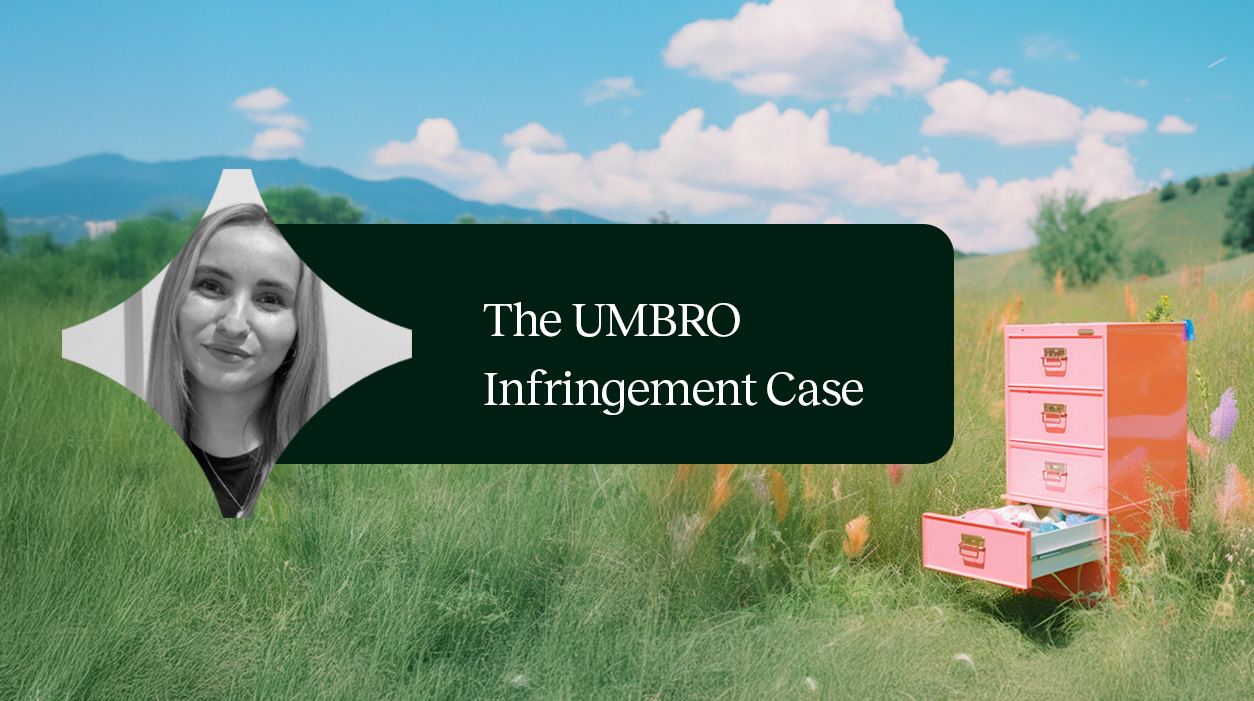Virtual Trade marks: Protecting Brand identity beyond the Digital frontier
- IP & Trademarks

As the virtual world continues to expand, businesses across industries are recognizing the critical importance of safeguarding their brand identity. While legal restrictions are still catching up with this dynamic landscape, adopting best practices for trade mark application becomes a proactive approach to protect intellectual property.
We provide you with actionable insights into best practices for brand protection. By embracing these strategies, companies can secure their brand equity and capitalize on the opportunities presented by the growing virtual market.
The MetaBirkin Case and the Risks of Inadequate Trade mark Protection
The high-profile MetaBirkin case involved luxury fashion brand Hermès suing artist Mason Rothschild over his NFT project called "MetaBirkins." Rothschild created digital versions of Hermès Birkin handbags with modifications, leading to Hermès claiming trade mark infringement and potential consumer confusion. The trial resulted in a federal jury finding Rothschild guilty and in February 2023 awarding Hermès $133,000 in damages. This case raised questions about the classification of NFTs as commodities or protected art, highlighting the clash between emerging technologies and established brands.

The Significance of Trade mark Protection for Virtual Goods and Services
The MetaBirkin case underscores the risks businesses are facing by not opting for trade mark protection for virtual goods and services. Without adequate safeguards, companies may experience dilution of their brand identity and the potential for consumer deception.
In a digital landscape where virtual goods and services hold significant value, protecting trade marks becomes essential for maintaining brand integrity and preventing unauthorized use or misrepresentation. The MetaBirkin case serves as a reminder of the importance of proactive trade mark strategies in the realm of virtual assets.
Addressing Trade mark Protection Challenges for Virtual Goods and NFTs
Organizations such as the European Union Intellectual Property Office (EUIPO) are actively working towards addressing the issue of trade mark protection for virtual goods and NFTs. In July 2022, the EUIPO issued draft guidelines aimed at providing greater clarity on the classification of items related to virtual goods and NFTs. These guidelines, that entered into force on 31 March 2023, are expected to offer much-needed guidance for trade mark applications in this rapidly evolving field. However, the current lack of established practices and precedents surrounding these types of infringements poses challenges for brand owners, especially in the absence of specific regulations.
"If your company plans to enter the metaverse within the next 2-5 years, consider applying for trade mark protection specifically for virtual goods and services."
- Therese Ehring, Senior Attorney at Law
Best Practices for Trade mark Protection in the Virtual Realm
In the absence of clear regulations, brand owners must adopt proactive measures to protect their trade marks effectively. Here are some recommended best practices:
- If your company plans to enter the metaverse within the next 2-5 years, consider applying for trade mark protection specifically for virtual goods and services.
- Protect your goods and services against unauthorized use in the metaverse by implementing a comprehensive trade mark strategy.
- Follow best practices by classifying virtual goods under Class 9 and virtual services as subcategories within their respective service classes.
- Understand that adding a new class requires a separate trade mark application.
Conclusion
In the ever-expanding world of virtual goods and services, brand identity protection is paramount. While legal restrictions and regulations are still evolving, adopting best practices for trade mark application is crucial. The MetaBirkin case highlights the risks of inadequate trade mark protection, emphasizing the need for proactive strategies to preserve brand integrity in the virtual realm. As organizations like the EUIPO work towards providing clearer guidelines, brand owners must remain proactive and adapt their trade mark strategies to this dynamic landscape. By doing so, companies can navigate the challenges, secure their brand equity, and thrive in the burgeoning virtual market.

Author
Therese Ehring
Senior Attorney At Law
Authorized European Trade mark Attorney

Related read
Curious about how we can protect your trade mark?
Are you interested in protecting your trade mark? Contact our lawyers and experts today and start your journey towards a strong trade mark!


